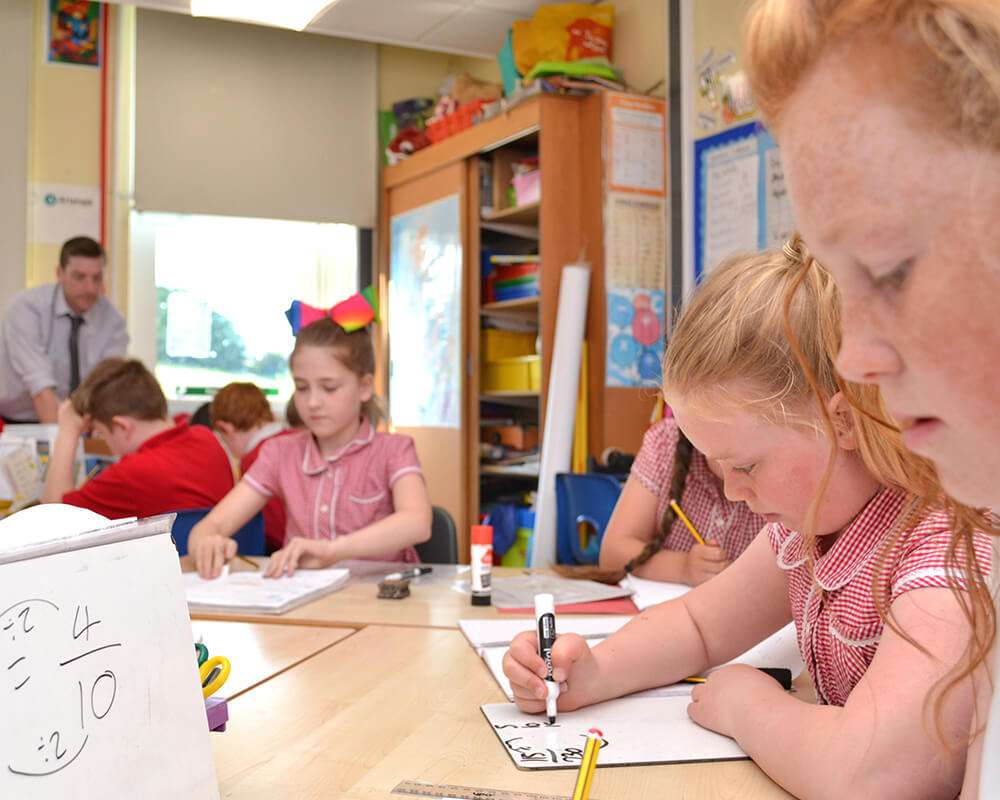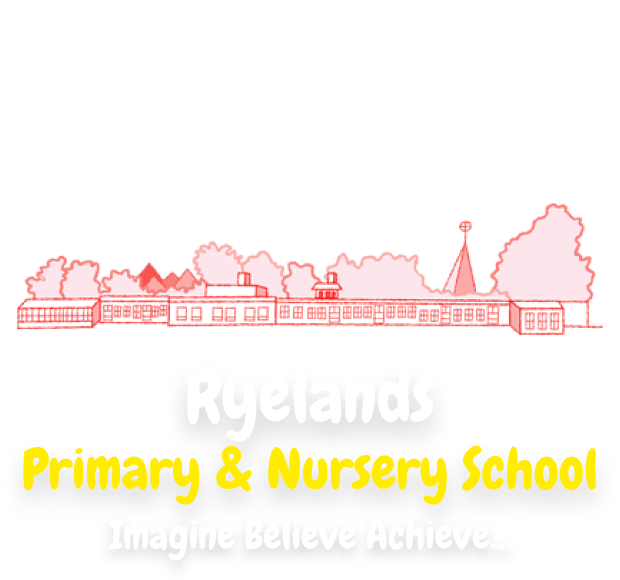This website uses cookies so that we can provide you with the best user experience possible. Cookie information is stored in your browser and performs functions such as recognising you when you return to our website and helping our team to understand which sections of the website you find most interesting and useful.
In teaching children mathematics at Ryelands Primary and Nursery School we aim for our children to have;
- a positive ‘can do’ attitude towards the subject. We embrace the idea that every child can succeed in mathematics
- a fascination of mathematics and the awe and wonder it can create
- competence and confidence in mathematical knowledge, concepts and skills
- an ability to solve problems, reason, think logically and to work systematically and accurately.
- initiative and an ability to work both independently and in cooperation with others
- an ability to communicate clearly using mathematical terminology
- an ability to use and apply mathematics across the curriculum and in real life
- an understanding of mathematics through a process of enquiry and experiment

How do we Teach Mathematics?
At Ryelands Primary and Nursery school we have adopted a ‘teaching for mastery’ approach in mathematics. As part of this approach we believe that;
- All pupils are capable of understanding and doing mathematics, given sufficient time. Pupils are neither “born with the maths gene” nor “just good at maths”.
- With good teaching, appropriate resources, effort and a “can do” attitude all children can achieve and enjoy mathematics.
This approach has number at the heart and a large proportion of time is spent reinforcing number to build competency and ensure children grasp the basic skills before moving on. Teachers stay in the required key stage (i.e. we don’t move on to content from other year groups) and support the ideal of depth before breadth. We plan to ensure children have the opportunity to stay together as they work through the lesson as a whole group. Adding to this we provide plenty of opportunities to build reasoning and problem solving elements into the curriculum.
We believe that all children, when introduced to a new concept, should have the opportunity to build competency by taking the CPA approach;
- Concrete–children should have the opportunity to use concrete objects and manipulatives to help them understand what they are doing.
- Pictorial–alongside this children should use pictorial representations. These representations can then be used to help reason and solve problems.
- Abstract–both concrete and pictorial representations should support children’s understanding of abstract methods.
Each child receives a 1-hour lesson every day dedicated to mathematics. Alongside this we dedicate 5-10 minutes each day to develop number fluency (this includes times tables, number facts etc.). Children in KS1 also have a dedicated ‘mastering number’ session where they learn key number skills.
This year, we have adapted our curriculum to help overcome the disruption to learning caused by COVID-19. Our mathematics curriculum is based around Curriculum Prioritisation Documents’ that have been published by the NCETM. A full overview of the curriculum, including what your child is being taught and when can be found below. Teachers also draw upon a wealth of supporting resources developed by White Rose Maths to help support them in delivering lessons. The school works closely with the North North West Maths Hub which enables them to share expertise and develop professionally as a teacher of mathematics.
Click on the document below to see our Mathematics Curriculum Progression Document. This document shows what mathematical knowledge, concepts and procedures are taught and when. You will see from the document that we carefully sequence the knowledge, concepts and procedures to ensure children build the mathematical understanding they need to become excellent mathematicians. In each year there are opportunities to revisit ideas they have learnt before and apply them in different ways.


